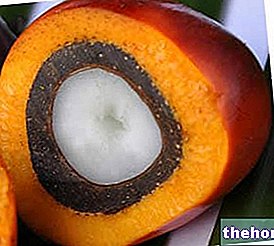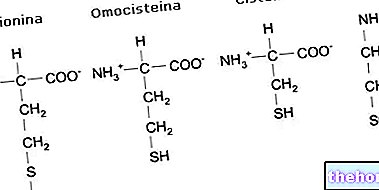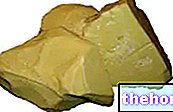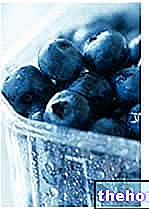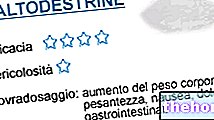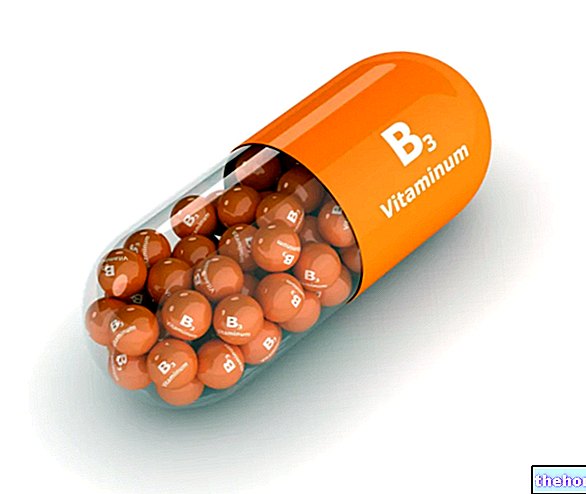Although having no nutritional significance, dietary fibers are extremely important for the health of the human being: these substances, in fact, are partially or completely fermented by the bacterial flora of the colon; in particular, when they are taken alone, dietary fibers are fermented in greater proportions than when they are taken together with other foods.
, hemicellulose, lignin *) have the ability to incorporate a considerable amount of water. Thanks to this precious feature, they perform various and important functions:- They increase the volume and weight of stools and, consequently,
- They accelerate intestinal motility by shortening the transit time of fecal material.
These functions make the insoluble dietary fibers able to correct constipation, prevent diverticulosis and even reduce the risk of colon cancer.
(*): for the sake of precision, lignin is not a polysaccharide and as such, unlike other dietary fibers, it does not belong to the category of carbohydrates.
(pectins, gums, mucilages) form a gelatinous mass with water that:- It has a satiating power, as it stretches the gastric walls, stimulating the mechanoreceptors responsible for transmitting the sense of satiety to the brain;
- It reduces the intestinal absorption of digestive products, partly removing them from the organism. It is for this reason that soluble dietary fibers are indicated in slimming diets, in the diet therapy of diabetes (reduce the absorption of sugars) and hyperlipidemias (reduce the absorption of fats and cholesterol), in the prevention of cardiovascular diseases and in calculosis. of the gallbladder.
To learn more: Excess of Dietary Fiber: the Effects
It is also advisable to favor the fibers contained in food. in other words, it's good to get your daily ration of fiber directly from food.
By doing so, it will be possible to benefit from the synergistic effect exerted by the various micronutrients present in the dishes.
The economic issue should also not be underestimated, since fiber supplements have a non-negligible cost.
If you decide to increase the fiber content of your diet it is good to do it gradually, in order to avoid the onset of gastrointestinal problems (bloating, diarrhea, flatulence, etc.).
The fibers must be taken together with a lot of water, since, as we have seen, all their interesting characteristics are linked to the ability to absorb and retain liquids; if these are scarce, the beneficial effects sought are considerably reduced and, in some cases, there is the risk of obtaining the opposite effect to that hoped for.
It is a good idea to avoid taking the fibers together with drugs, as they can interfere with the intestinal absorption of the various active ingredients.
Finally, it is very important to relate the fiber content to the calories of the food, thus avoiding the introduction of a caloric excess. In fact, in order to take on a lot of fiber, it is possible to introduce more calories than necessary.
For this reason the following parameter was introduced:
Fiber index (IF) = (FIB / CAL) x 100
where is it:
FIB = g of fiber in 100 g of food
CAL = calories in 100 g of food
Let's see an example to clarify our ideas on this data a bit:
To take 20 g of fiber, therefore, you need:
- 555 g of chicory (only 55 Kcal)
or:
- 68 g of All Bran (187 Kcal).
In conclusion, those who want to lose weight must obtain fiber mainly from vegetables, rather than resorting to excessive consumption of corn flakes.
For further information: Foods Richer in Fiber
